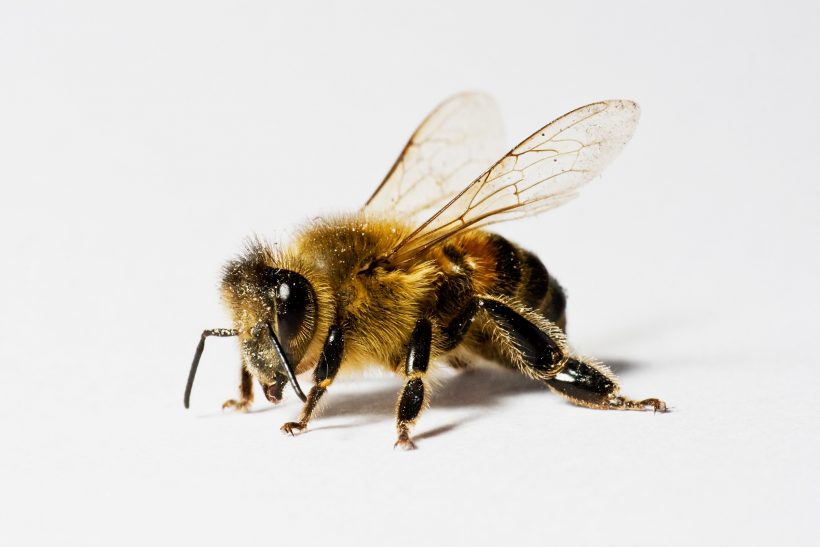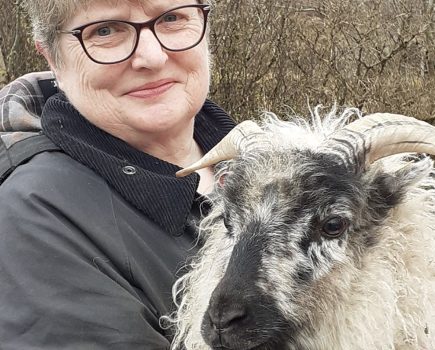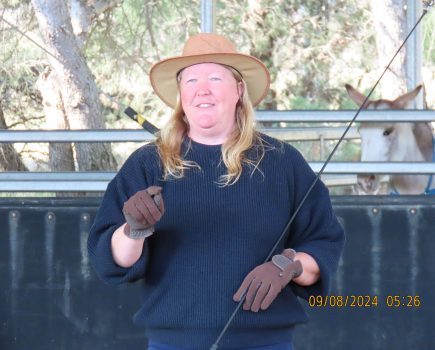Thorne, a company with over 100 years of experience in manufacturing and retailing beekeeping equipment, provides a beginner’s guide to starting beekeeping, including essential equipment such as the hive, smoker, hive tool, and protective clothing…
Ever considered donning a veil, lighting a smoker, and keeping some bees? You would not be alone. There has been a huge resurgence in beekeeping over the last few years and rightly so. The environmental benefits are widely known but the enjoyment and satisfaction of keeping bees is known only to the beekeeper. Below are a few items you will need to get started in your beekeeping adventure.
Hive
Of course, first, you need somewhere to home your bees and it is best to get set up well before your bees arrive. Always go for a hive made from Cedar wood as this is fairly lightweight and very long-lasting. The traditional-looking hive is a WBC, which is a double-walled hive and provides good insulation over winter. However, the most popular hive in the UK is the National, a single-walled hive that is slightly easier to manipulate. Inside the hive, you will need frames with foundation wax upon which the bees can build their comb. We have been manufacturing cedar hives in Lincolnshire for over 100 years and we process wax foundation in our very own wax plant.
Smoker
A smoker is a beekeeping essential; it calms the bees when you go into their hive for an inspection. The smoker needs to be good quality and it is best to get one with a guard as they can get pretty hot! To get the smoker lit, use smoker fuel that is slow-burning and bee friendly. Adding a bit of fresh grass at the top helps to cool the smoke so that it does not burn the bees. Our smokers are made from scratch to the highest quality and come in a variety of metals including stainless steel and copper.
Hive tool
You simply cannot do beekeeping without a hive tool. Bees like to stick everything together with propolis, so you need a hive tool to unstick hive parts and frames when you do an inspection. There are so many hive tools to choose from so the best thing to do before you buy one is to handle a few. What works for somebody else, may not work for you. It will be the tool you use the most, so it needs to be comfortable and a good fit in your hand.
Clothing
There is a variety of protective clothing available, but it is recommended to start with an all-in-one suit so that your whole body is covered. These can be in the traditional style with a round hood or the newer fencing style hood. If you are happy that the bees you are visiting are very friendly, you could try a jacket and veil, which comes down to the waist or even a veil, which protects just the head and neck area. You will also need a good pair of gloves that give you enough protection from stings but that still allow you good movement and feel. We boast a wide range of protective clothing made from materials which include polyester cotton and vented mesh. As mentioned above, these are items to get you started. Over the course of your beekeeping year you will acquire other equipment such as feeders, mouseguards and food… but that’s an article for another day!
If you would like a catalogue, please email sales@thorne.co.uk or call 01673 858 555.
List of jobs to do in the apiary in April/June
- Carry out first full inspection on a warm day – look for a healthy queen and brood pattern with eggs, larvae, and sealed brood.
- Carry out a disease inspection specifically looking for disease
- Mark the queen
- Remove old combs and replace with foundation
- Put supers on before a honey flow
- Check Asian hornet traps
- Monitor varroa levels and treat as necessary
- Carry out regular swarm inspections and swarm control
- Extract oil seed rape honey
This article was taken from The Country Smallholder. For more articles like this, subscribe here.
For FREE updates from the world of smallholding, sign up for The Country Smallholder newsletter here.








